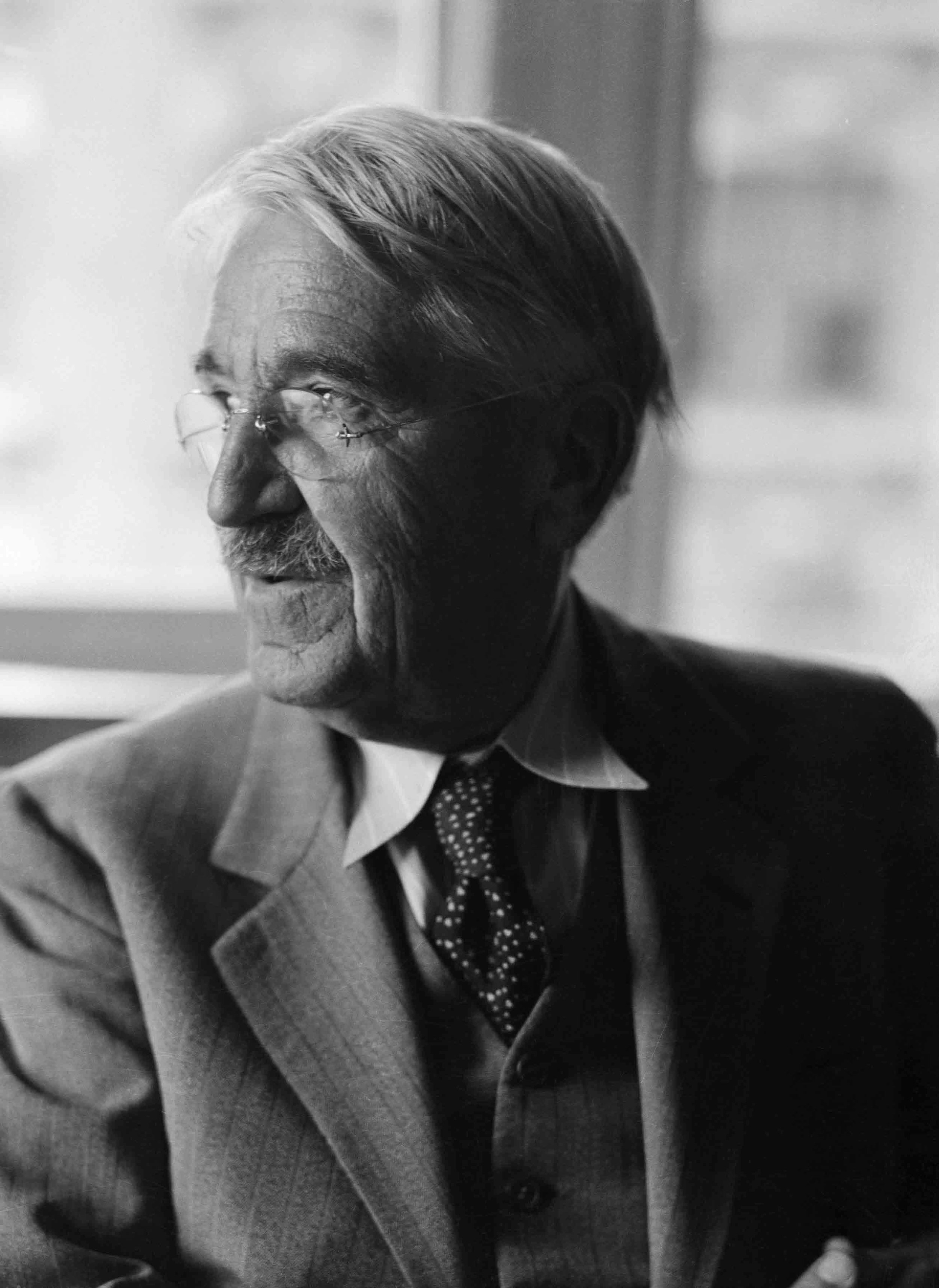Episode #130 - Dewey and Lippmann on Democracy
Dewey and Lippmann on Democracy
At the turn of the 20th century, a crucial debate emerged between Walter Lippmann and John Dewey over the viability of democracy in an increasingly complex world. Lippmann critiqued democracy’s reliance on public opinion, arguing that citizens construct simplified “pseudo-environments” shaped by media and stereotypes, rendering them ill-equipped to make informed decisions on vast global issues. He warned that modern democracies are driven more by emotionally charged reactions than by accurate understanding, and that media, language, and time constraints further distort reality. Dewey responded not by dismissing Lippmann’s concerns, but by reframing democracy as more than a political system—it was, to him, an ethical ideal and a form of social cooperation. Viewing society as an interconnected organism, Dewey believed individuals flourish only through participation and education. He saw democracy as a continuous process of mutual growth, where every person contributes uniquely, and where the antidote to authoritarianism lies in cultivating thoughtful, empowered citizens—not in retreating from democratic ideals, but in deepening them.
Further Reading:
Public Opinion – Walter Lippmann (1922)
Democracy and Education – John Dewey (1916)
The Problematic Public: Lippmann, Dewey, and Democracy in the Twenty-First Century – Eds. G. Mitchell Reyes & Nathan Crick (2023)
See the full transcript here.
Thank you to everyone who makes this podcast a possibility in the future.
I could never do this without your support! :)


